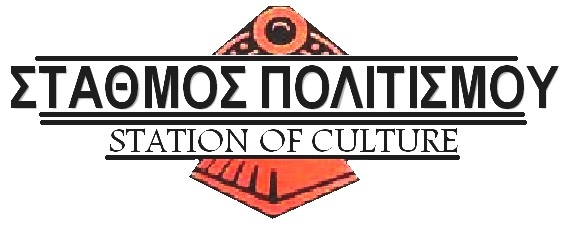What is stakeholder engagement?
Stakeholder engagement, among others in the form of Materiality Analysis, is often touted as a crucial aspect of any successful business or project. It’s a way of ensuring that all parties who have a stake in the outcome of a venture are heard and their concerns are taken into account. But is it really as important as we make it out to be, or is it just a buzzword that’s thrown around to appease those who may be critical of our actions?
To answer this question, we need to first examine what stakeholder engagement really means. At its core, stakeholder engagement is about communicating with and involving all parties who have a stake in a particular project or decision. This can include employees, customers, suppliers, shareholders, and even members of the local community.
On the surface, this seems like a noble and necessary approach. After all, it’s only fair that those who may be impacted by our decisions have a say in the matter. But what happens when stakeholder engagement becomes more about optics than actual engagement? When companies pay lip service to stakeholder engagement but don’t actually take their feedback into account?
The truth is, many companies use stakeholder engagement as a way to check a box and move on. They hold town hall meetings and gather feedback from stakeholders, but then go ahead and make the decision they were going to make all along. This type of engagement is not only disingenuous, but it can also be harmful. It creates a sense of mistrust between companies and their stakeholders, and can lead to negative outcomes for everyone involved.
Furthermore, even when companies do genuinely engage with their stakeholders, it can be difficult to balance all of the competing interests. For example, a company may want to invest in a new manufacturing facility that will create jobs and boost the local economy, but members of the community may be concerned about the environmental impact of the facility. How does the company weigh these different concerns and make a decision that is in the best interest of everyone involved?
This is where stakeholder engagement becomes truly challenging. It requires a willingness to listen to feedback and consider different perspectives, even if they may be at odds with our own. It also requires a commitment to transparency and communication, so that stakeholders understand why certain decisions are being made.
But perhaps most importantly, it requires a recognition that stakeholder engagement is not just a box to be checked or a buzzword to be thrown around. It’s a crucial component of responsible and ethical decision-making. When we engage with our stakeholders in a genuine and meaningful way, we build trust and credibility. We create a sense of shared ownership and accountability, which can lead to better outcomes for everyone involved.
In conclusion, stakeholder engagement is not just a trendy phrase that we should use to impress others. It’s a critical aspect of responsible business and decision-making. When done correctly, stakeholder engagement can help us balance competing interests, build trust, and make better decisions. But when done poorly or insincerely, it can actually do more harm than good. So let’s strive to engage with our stakeholders in a genuine and meaningful way, and reap the benefits of a more collaborative and accountable approach to business.
The Conference will be held on June, 1st 2023.
More information here: https://www.effectivedialogue.gr/

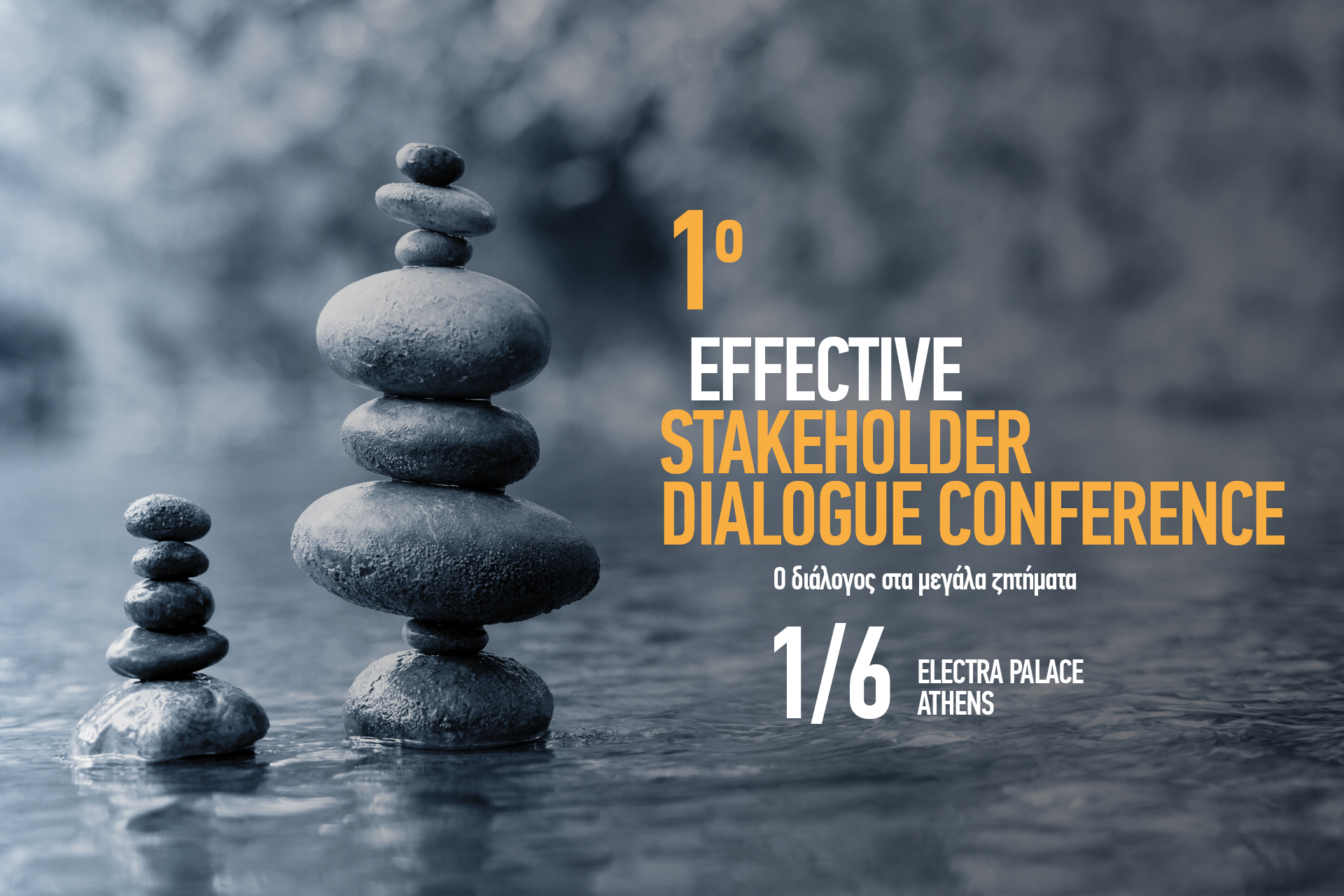





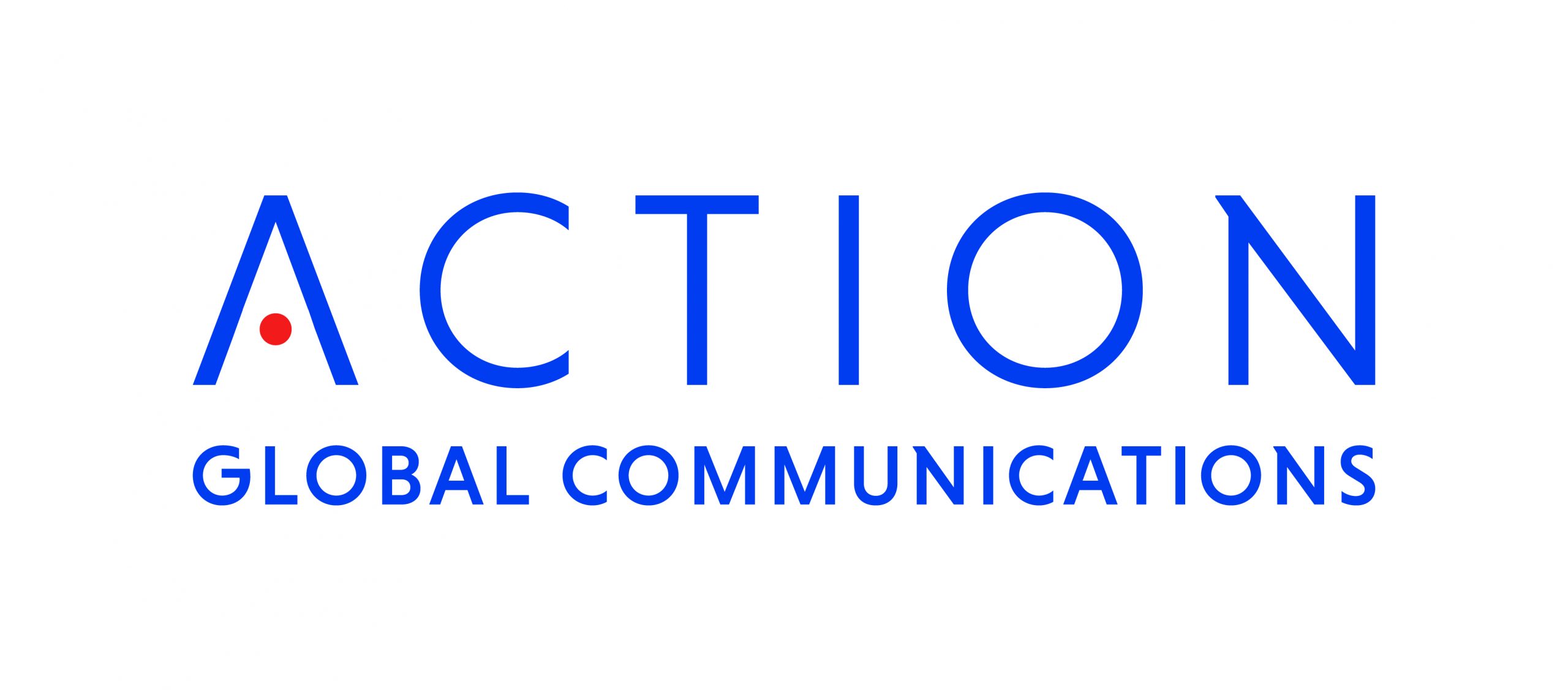


















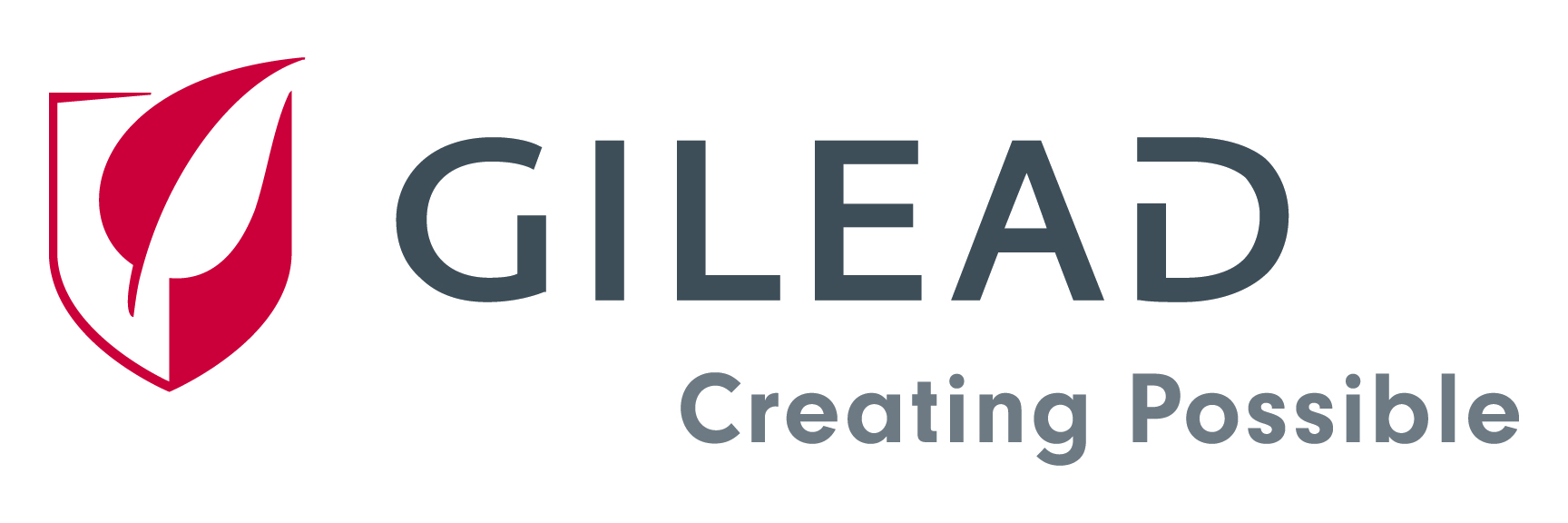





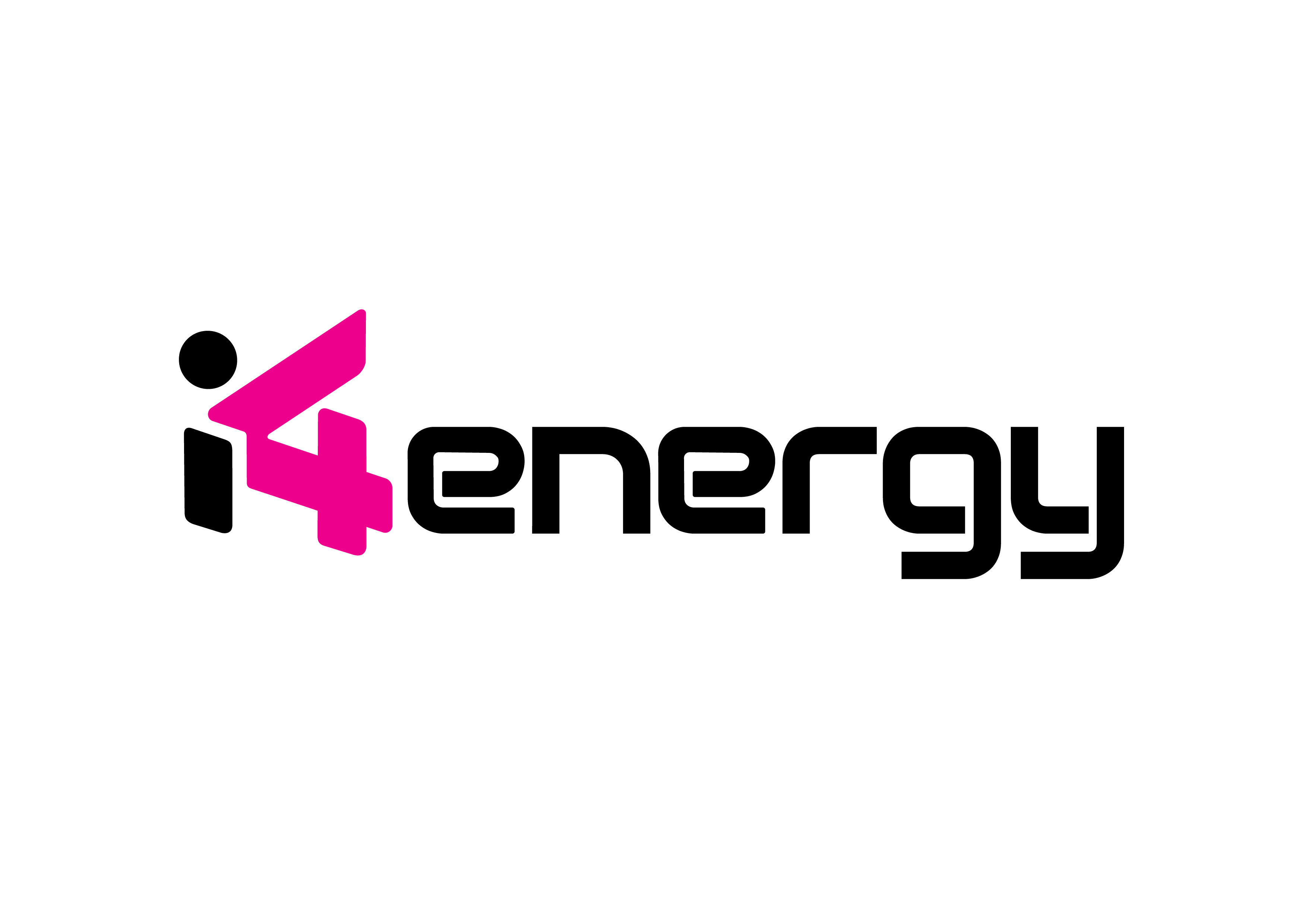

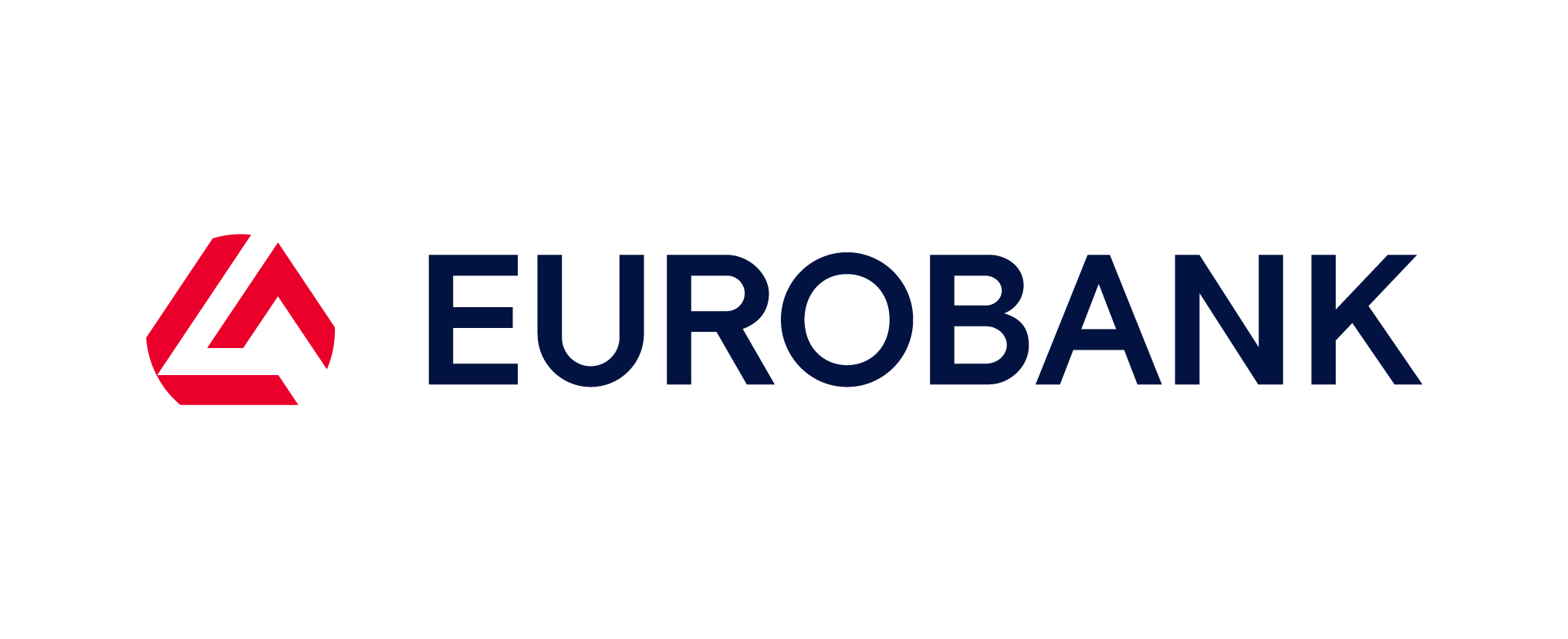

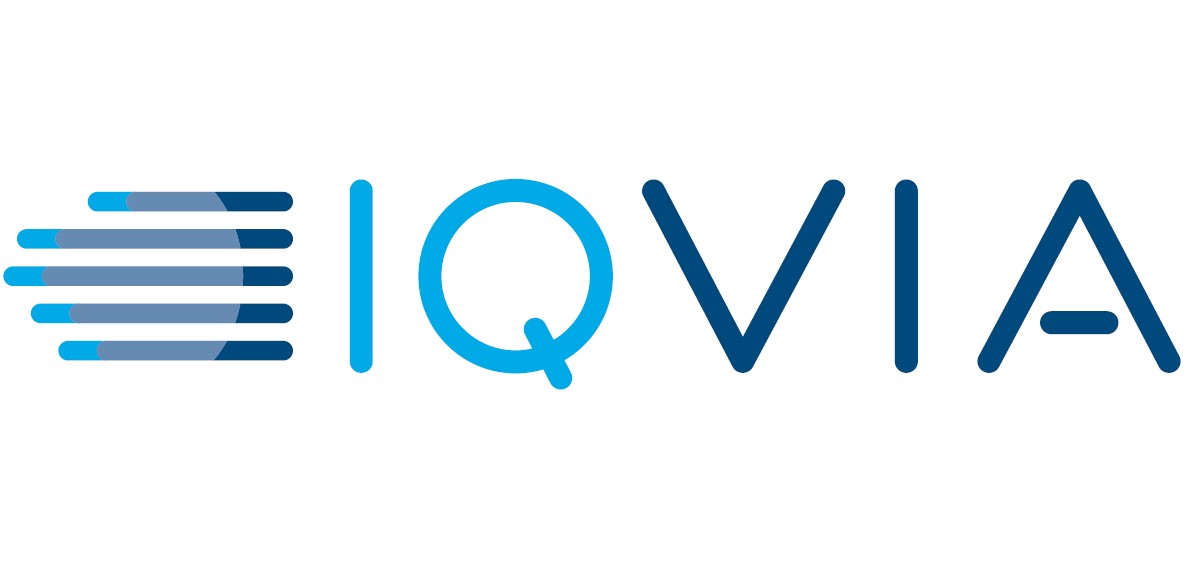



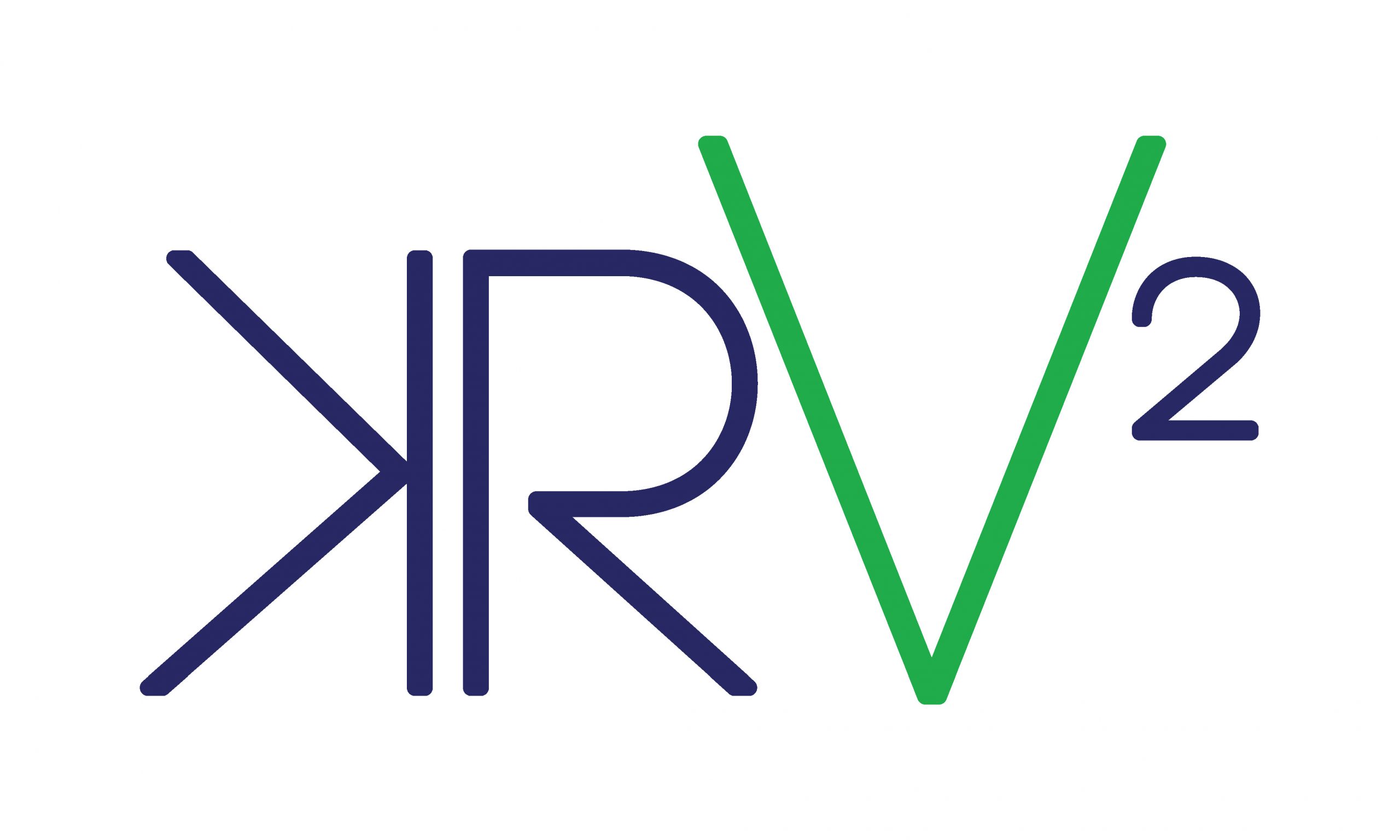
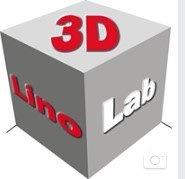
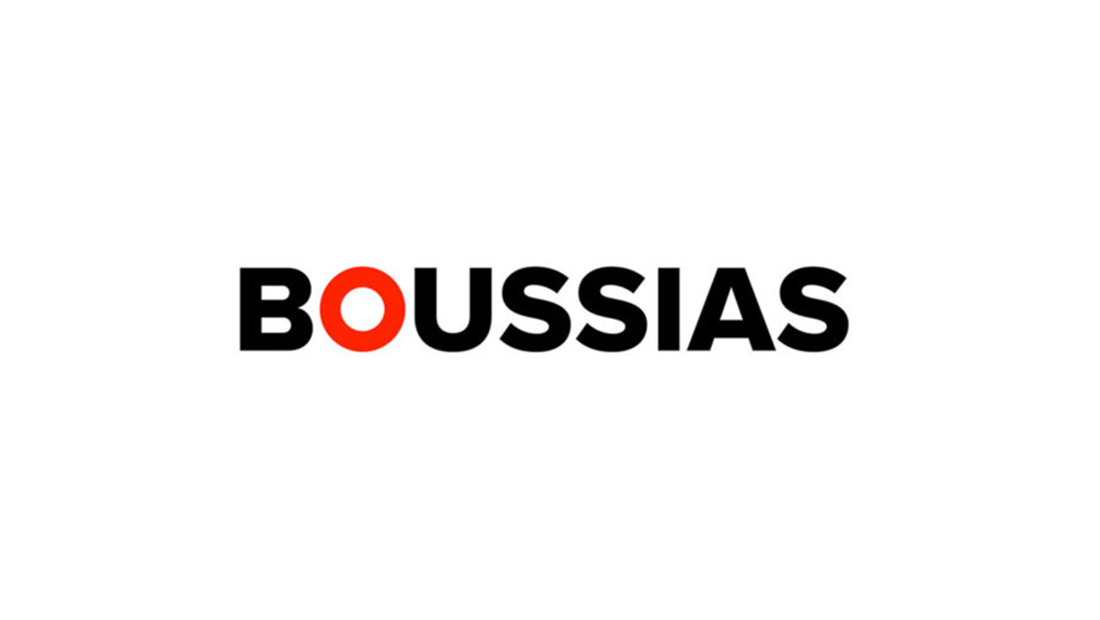
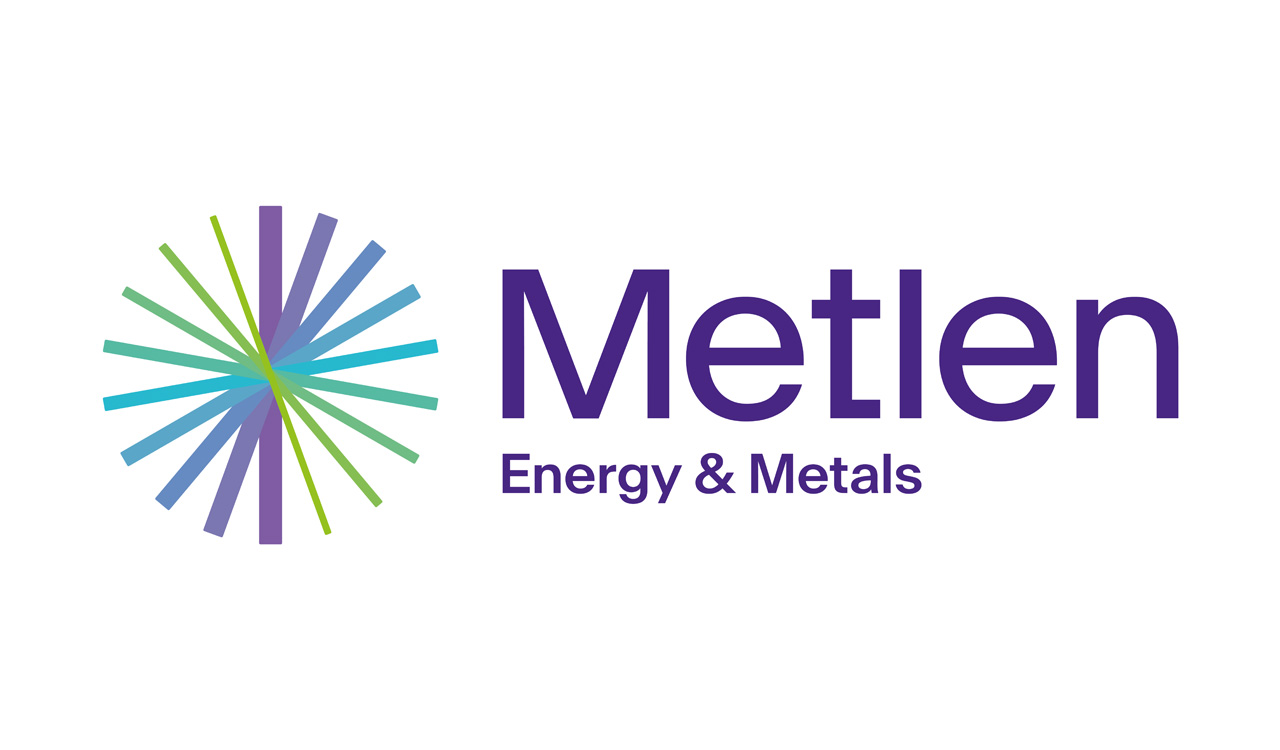


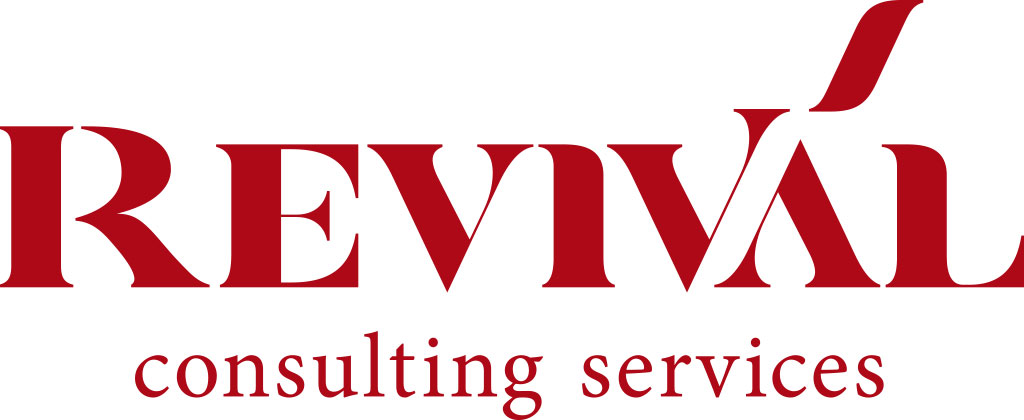
1.jpg)
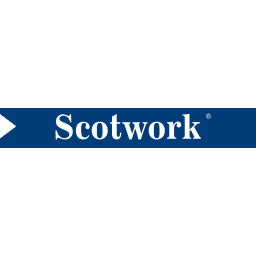




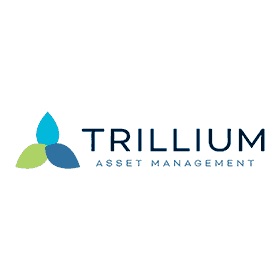

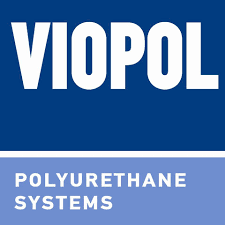






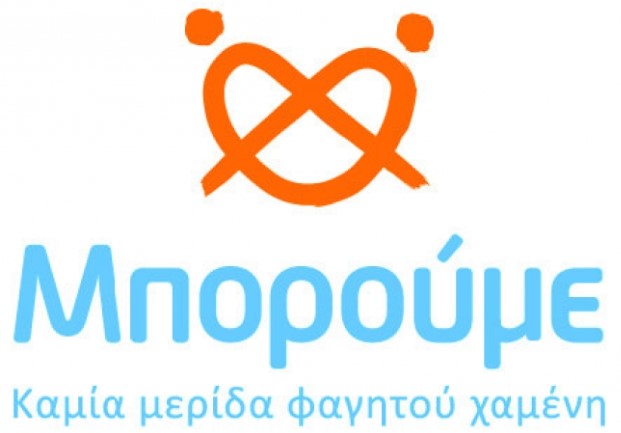




.jpg)
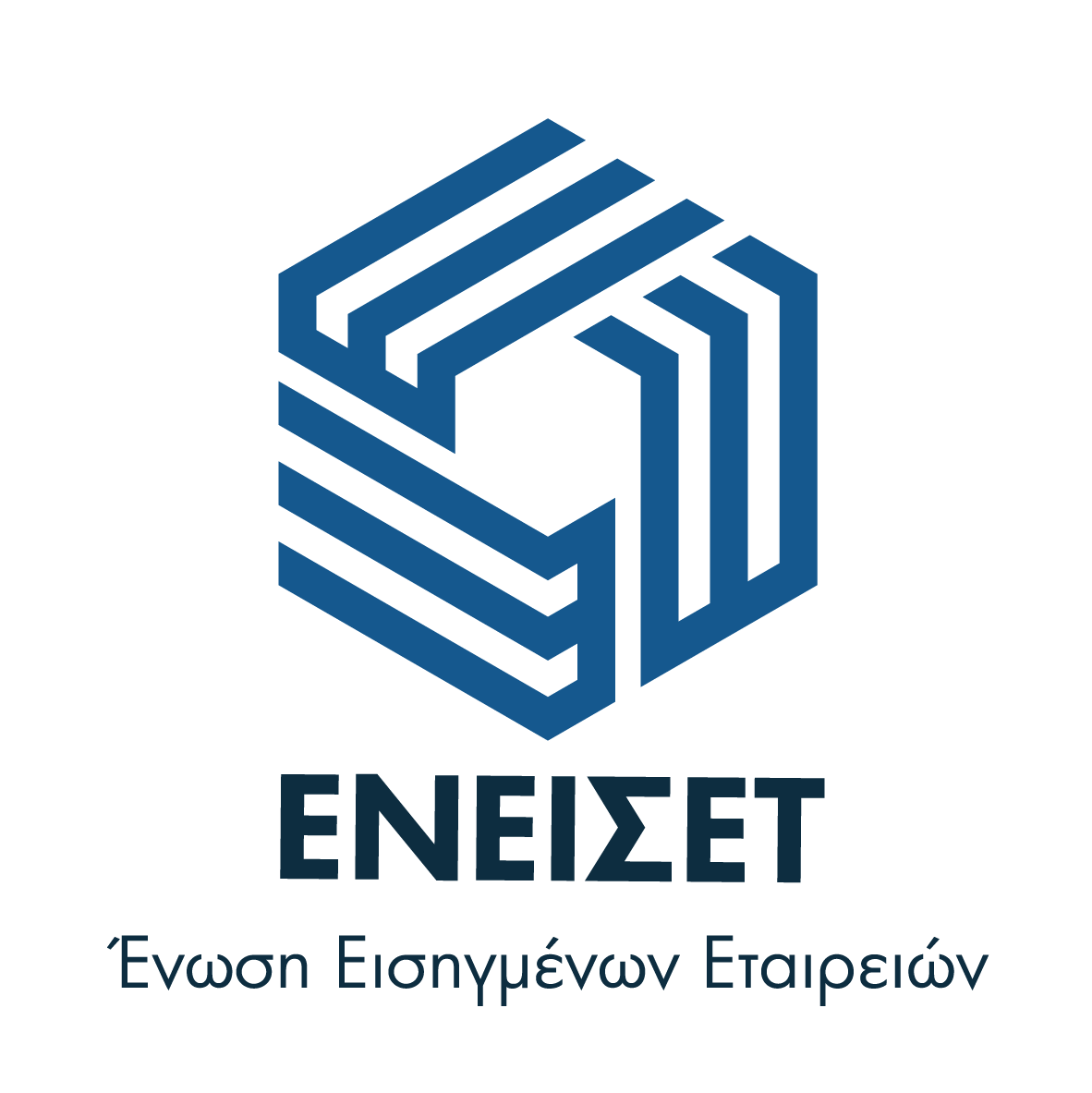




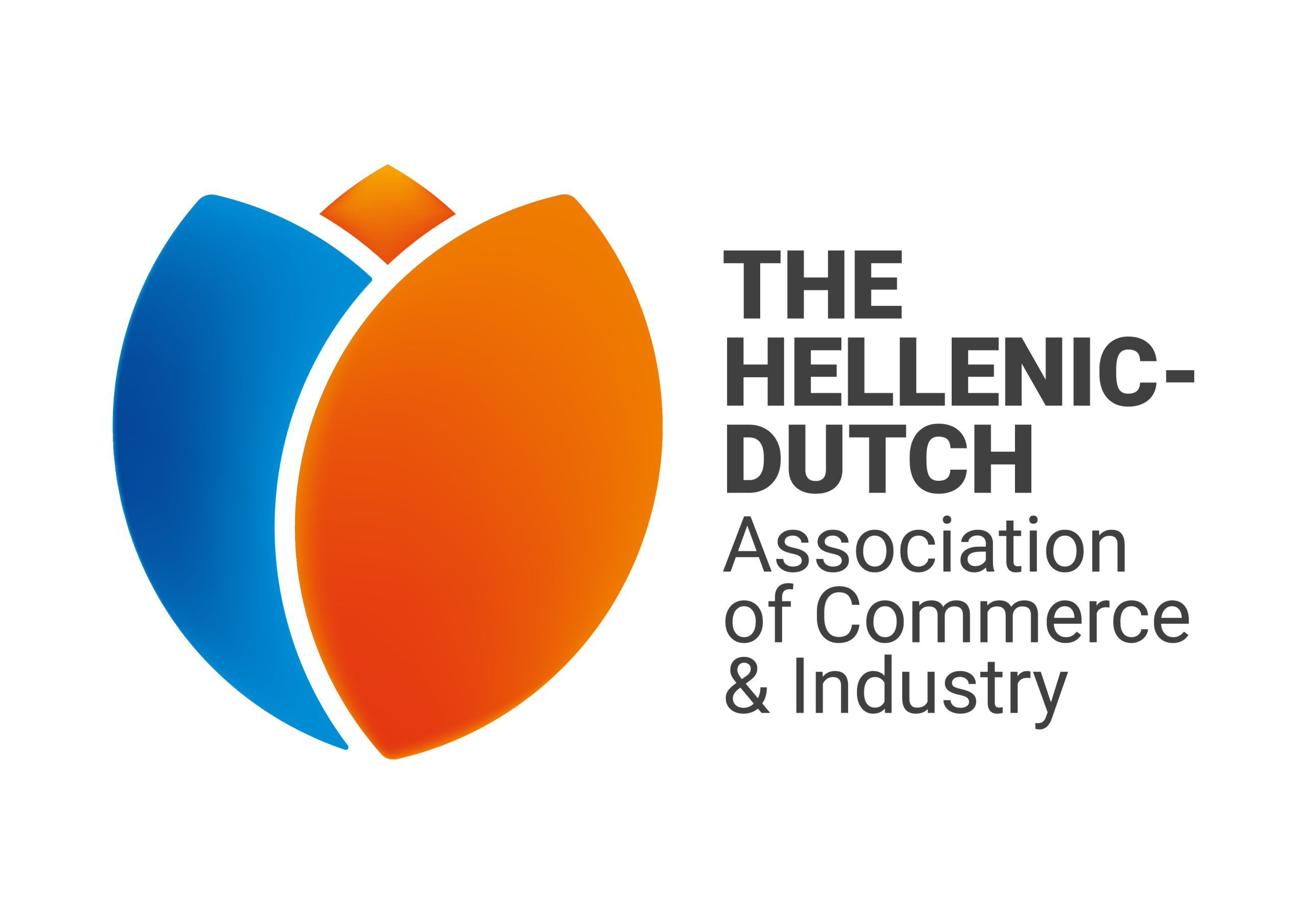
.jpg)



_.jpg)
.jpg)





